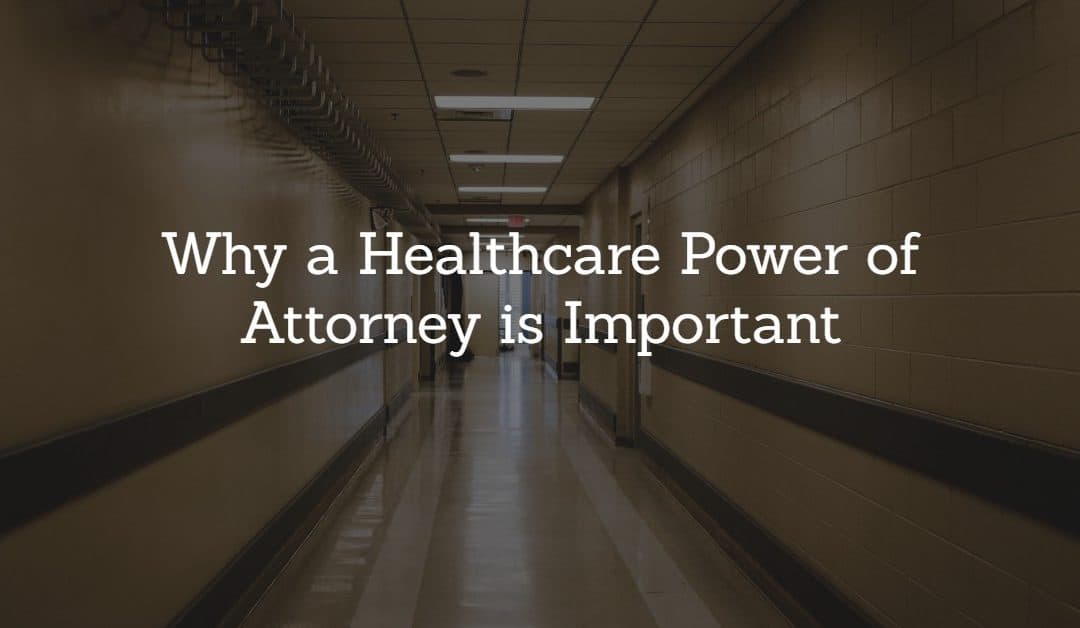Most people do not relish contemplating their deaths, nor do they enjoy arranging their affairs in preparation for passing away. However, the COVID-19 pandemic has brought the spectre of death to public attention. Everyone will pass away at some point, and the steps you take to prepare your affairs can alleviate much anxiety and dread.
In creating an estate plan, one of the most important steps a person should take is appointing a healthcare power of attorney. This article will discuss what a healthcare power of attorney is, how this power goes into effect, and how to appoint a healthcare power of attorney.
What is a healthcare power of attorney?
A healthcare power of attorney is a legal document allowing you to designate someone, usually a close family member, as your “healthcare agent.” This means that the person you choose will have the power to make medical decisions for you should you become incapacitated or unable to make decisions for yourself.
The person you pick to fulfill this role is crucial. This is because a healthcare power of attorney gives your chosen agent the ability to govern practically all aspects of your medical care. This power includes withholding or giving consent, beginning or ceasing treatments or operations, and even deciding if and when to terminate life-sustaining medical support. Typically, people choose close family members, such as a spouse, child, sibling, or another trusted individual to be their agent.
You may direct your healthcare agent regarding particular medical treatments you desire in certain circumstances. You may also specify the extent of power you wish your agent to possess, from routine procedures, to “life or death” situations, to donating your organs or consenting to an autopsy. Importantly, for religious or other reasons you may also instruct the agent to refuse designated procedures or treatments on your behalf. Unless you expressly specify limitations or restrictions, however, the agent may make any healthcare decisions on your behalf that you could have made personally.
When does this power become active?
The legal document creating the healthcare power of attorney does not actually empower the chosen agent until the individual becomes “incompetent.” In North Carolina, a person is deemed “incompetent” when she lacks sufficient capacity to make or communicate healthcare
decisions. A physician or psychologist will make the determination of whether a person is deemed “incompetent,” thus triggering the healthcare power of attorney.
When does this power cease?
A person may revoke the healthcare power of attorney designation at any time that she is capable of making healthcare decisions. Once she is deemed incompetent, however, the court must decide whether to terminate the healthcare power of attorney.
How do I create a healthcare power of attorney?
You can make a healthcare power of attorney by filling out this form from the N.C. Secretary of State website or by asking your attorney for the proper form. As with most estate planning documents, a valid healthcare power of attorney requires satisfying the legal technicalities. For example, the health care power of attorney must be dated, signed, and witnessed according to North Carolina law. Moreover, North Carolina requires at least two uninterested witnesses.
Appointing a health care power of attorney in a manner that complies with North Carolina law is a detailed, technical process. It is wise to consult an attorney to help guide you, ensure your wishes are being met, and provide that the appointment is lawful. To schedule a consultation, contact Allison Plekan of Plekan Law PLLC at (919) 653-1976.

